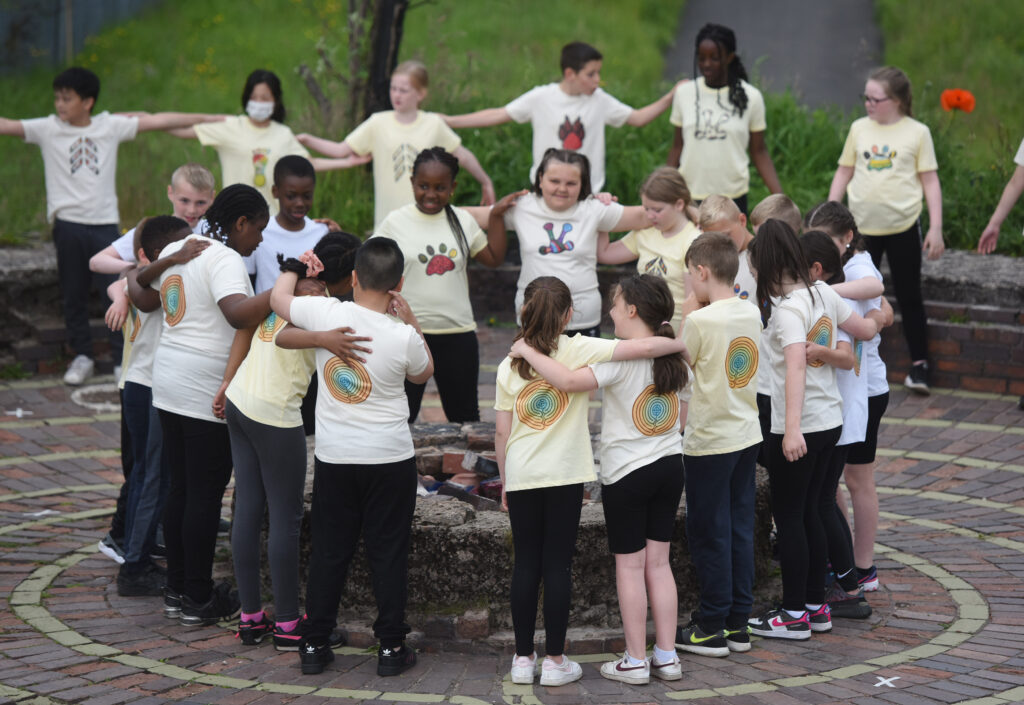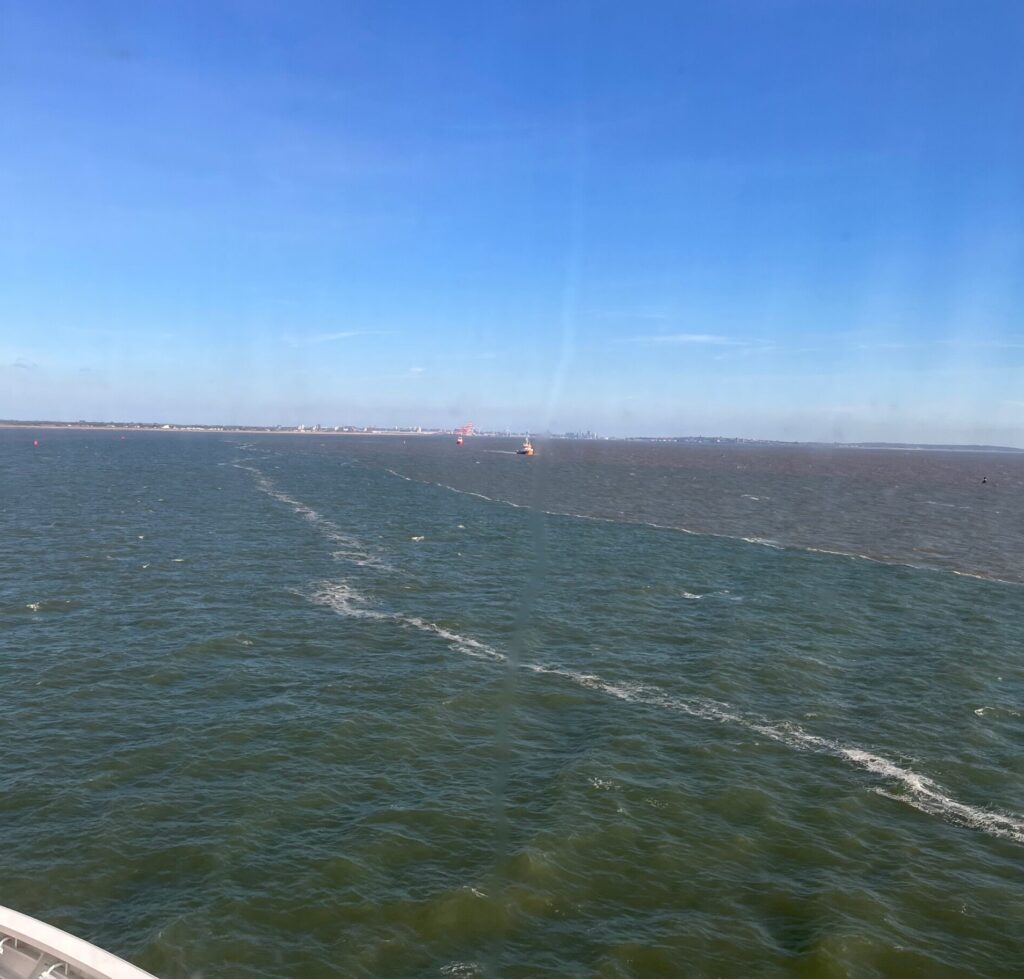A summer of travelling for Fly The Flag
Posted on: 16th August 2022
Fly the Flag is an annual feature in Fuel’s calendar. It’s a project that advocates for the reflection and celebration of the University Declaration of Human Rights, and has come on to take a profound place in our programme, especially in light of the seismic events of recent years. Since its inception, each year, we decide to focus on one of the 30 articles – this year’s focus is Article 20 of the Universal Declaration of Human Rights (UDHR) – the right to protest.
Fly The Flag is unique project in several different ways. A group of young people work with an associate artist to have their say, express their opinions and to co-create work in response to the whichever article is in focus that year. The young people are an essential part of the artistic process and the project relies on their artistic voice. This year, the work produced is being led by Graeae CEO and Fuel board member Jenny Sealey OBE, and the young people have been busy all summer producing work with associate artists and partners at National Theatre in London, National Theatre Scotland, National Theatre Wales and The Mac Belfast. This year’s associate artists are: This year’s associate artists are: Saffy Sethoy, Rahim El Habachi and Fionnnuala Kennedy.
All summer we have been hopping to locations across the UK, accompanied and directed under the expert eye of award winning filmmaker Bim Ajadi, to capture footage of the young people’s artistic response to Article 20. A film will be produced by Bim Ajadi and will be broadcast later this year, on the 10th December (Human Rights Day).
We started off at the National Theatre where, on a bright and sunny Sunday, filming took place inside the Dorfman and around the complex, led by Nickie Miles-Wildin. The young people carried placard and their enthusiam and passion for the projects was contagious as they spoke loudly on the South Bank.

Our visit to Belfast started at The MAC. The weather was unpredictable, with the prospect of a sudden downpour looking likely, but nevertheless we persisted, and ventured out defiantly out into the streets of the city. We visited a variety of locations, from Union Square, Writers Square, to the mural of the recently murdered journalist Lyra McKee, to capture footage of protest.
In one of the shots, two of the participants hold up a placard featuring newspaper clippings about the treatment and demonisation refugees and asylum seekers. In another shot, the LGBT flag is held high, a gesture even more resonant given the recent news Belfast based drag queen whose event at the MAC recently faced a hoard of anti LGBT protesters. The city is steeped in the history of the Troubles. Lines from the script, such as ‘Enough is enough. The future is in our hands. Be the change we need to be today’, spoken in proximity to murals emblazoned with political slogans remind us of the urgency of this project and the responsibility we all have to speak up for a better tomorrow.
Pembrokeshire in Wales was the final of the filming locations. In contrast to the previous urban locations, the response to article 20 from our Welsh cohort primarily leaned into conversations around the environment, climate justice and housing inequity. In each location, the young person engaged with the setting to illustrate the cause that meant something to them, planting a native tree in a woodland or collecting litter on a beach.
It impossible to not connect the conversations around protest to the ongoing demands from climate activists and citizens about how we tackle the climate emergency. We’re very aware that travelling to locations across the UK inevitably incurs an environmental cost. Whilst travelling to Glasgow, and Wales, everyone used train travel, the most environmentally friendly option. Those not based on the Island of Ireland arrived to Belfast by ferry, in line with the company’s policy around internal flights. A single flight from London Stansted Airport to Belfast and back generates about 135 kg CO2. One ferry isn’t going to save the environment alone, but travelling by ferry (albeit a diesel powered one) produces significantly less CO2 compared to air travel.

Collaboration, being one of Fuel’s core values, is at the heart of the project. Our partners and co-producers on Fly The Flag include Amnesty International, Donmar Warehouse, Sadlers Wells, Liberty, Human Rights Watch and TATE